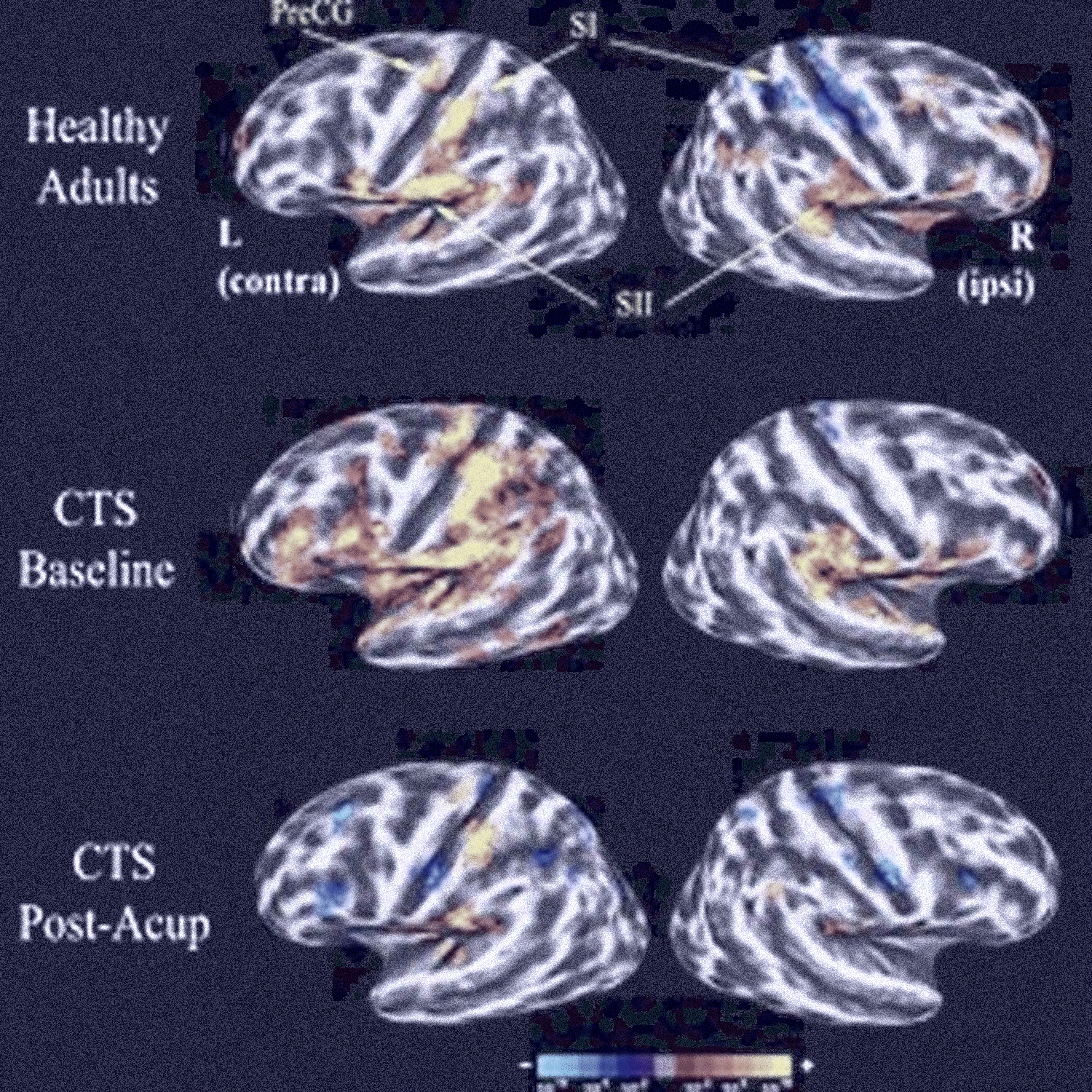The 'randomized placebo controlled trial' is often considered the 'gold standard' of evidence in medicine. When it comes to pharmaceutical drugs, this isn't a big problem - patients are given either the real medicine, or a placebo version that has no physiological effects. Neither the patient nor the person giving the medicine knows whether it is real or not, and therefore with a large enough sample size (number of patients), firm conclusions can be drawn about the efficacy of the drug.
However, when it comes to acupuncture, how do you apply a placebo needle? One attempt to provide a placebo control is to needle some patients at 'real' acupuncture points, and others in places not considered as 'real' according to the text books. The problem with this is that putting needles anywhere has measurable physiological effects such as endorphin release, and therefore cannot be considered an inert placebo. This, in my view,is one reason why so many trials show little or no difference between the 'real' and 'sham' groups.
Attempts have also been made to develop a retractable needle, somewhat akin to a stage dagger. This is an ingenious idea, but there is much debate about whether even these are really inert or not. The nature of their design also means that a needle is either pushed into the skin at a perpendicular angle, or it simulates the same but without penetration. In clinical practice, an acupuncturist will use various angles of insertion, and needle manipulation techniques, none of which are feasible using these devices. So can 'real' acupuncture be fairly represented in these trials?
Along similar lines, it's important to ask who gives the 'real' treatments in these trials. By no means is it always performed by fully trained traditional acupuncturists, and often it is very unclear what rationale was used for the selection of points, or whether consideration was given to needling technique etc. In my opinion these are vital elements to the outcome of a treatment. Like many other acupuncturists, I have spent years honing my diagnostic, palpation and needling skills, (and I'm still just scratching the surface - no pun intended!), and I find it unsurprising that the results of some trials are unimpressive when the practitioners used are minimally trained and are restricted to (sometimes illogical) standardised groups of points.
However, despite these issues, there is a growing body of evidence that is demonstrating the powerful effects of acupuncture. The ARRC (Acupuncture Research Resource Centre) was established by the British Acupuncture Council to collect data, and generate new research. The intention is to provide an accurate and unbiased summary of current research, and how acupuncture may be beneficial. They provide fact sheets and review papers covering the conditions listed below (please note, I am not suggesting acupuncture has yet been 'proven' to treat all these conditions):
Acupuncture Research Resource Centre fact sheets:
It should be noted - especially in light of all the above - that the complex task of assessing acupuncture scientifically is still very much in its infancy. Although there may not currently be a long list of conditions 'proven' unequivocally to respond well to acupuncture, I expect this list to grow steadily as research methods improve.
Recent work from the Acupuncture Evidence Project seems to indicate that this is indeed the case. They found strong research evidence supporting the effectiveness of acupuncture for 8 conditions, and moderate evidence for a further 38 conditions. They conclude that 'The level of evidence has increased over the 11-year period of this study for 24 conditions.'
Tom runs clinics in Bristol. Please don't hesitate to contact him to discuss whether acupuncture may be helpful for you.
You should always consult your GP if you have any concerns about your health.
Tom Kennedy Acupuncture & Tuina Bristol




